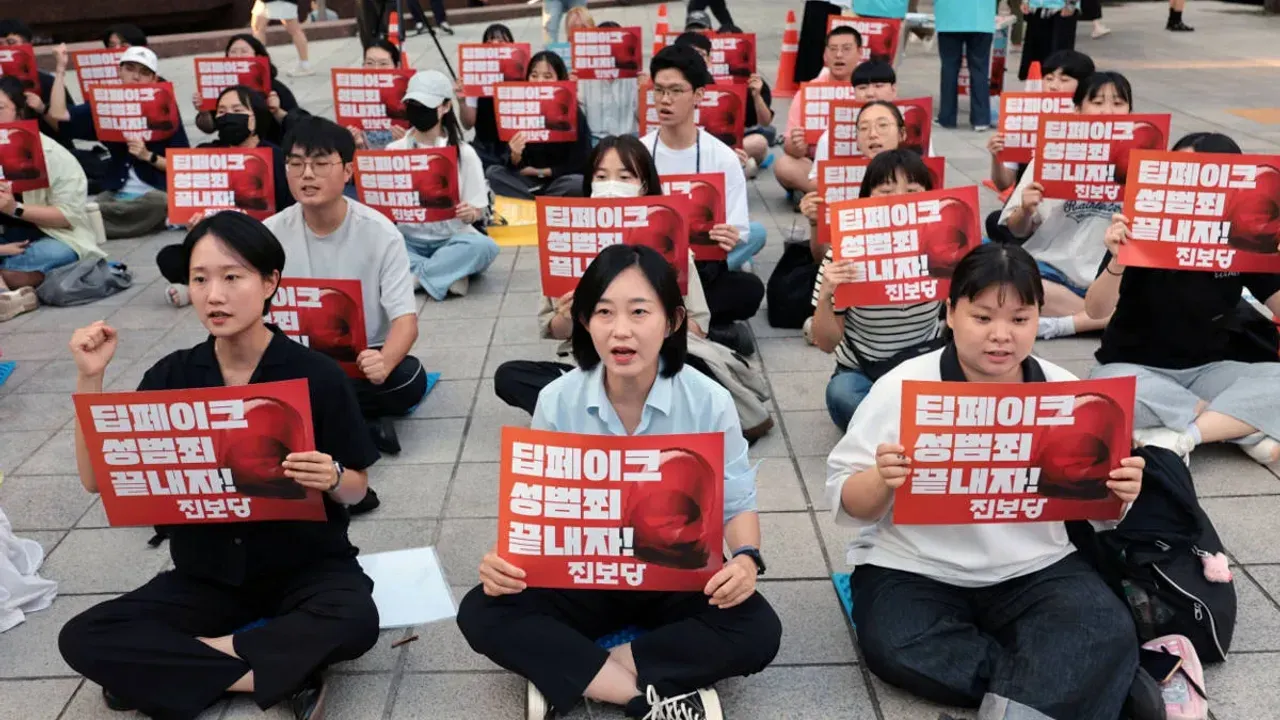AMED TIMES - South Korea has launched a preliminary investigation into Telegram after a fake pornography scandal spread rapidly across the country, affecting at least 220,000 people so far.
As the South Korean news agency Yonhap reports, the investigation was launched on the grounds that Telegram facilitated the spread of 'deepfake' content. Deepfake is a type of media in which a person's image is replaced with that of another person using artificial intelligence.
Cho Ji-ho, Commissioner of the National Policy Agency, explained that investigations into messaging applications such as those related to criminal activity on Telegram are a time-consuming process. He added that it is currently being examined whether the applications can be investigated for 'aiding and abetting criminal offences'.
Woo Jong-soo, the head of the National Bureau of Investigation, also told reporters today, "Telegram is difficult to investigate. It does not share account information or other personal information with the authorities." He added: "However, it is not true that we cannot catch the real perpetrators because Telegram does not provide the necessary materials for the investigation. We have our own investigation techniques and we are doing our best to catch the criminals."
South Korea is also investigating other organised crime on the platform.
South Korea is the leader in deepfake pornography
According to a report by Security Hero, a US-based identity theft protection organisation, South Korea ranked first among the countries most affected by deepfake pornography in 2023 with a rate of 53%. The same report states that 94% of people featured in fake porn videos are women working in the entertainment industry.
The government is trying to take action
The South Korean government announced last week that it will crack down on 'deepfake' crimes. The government also stated that it would enact strict laws to criminalise the purchase and viewing of 'deepfake' content involving sexual abuse.
Telegram also announced that it would actively monitor harmful content following the developments in South Korea.
